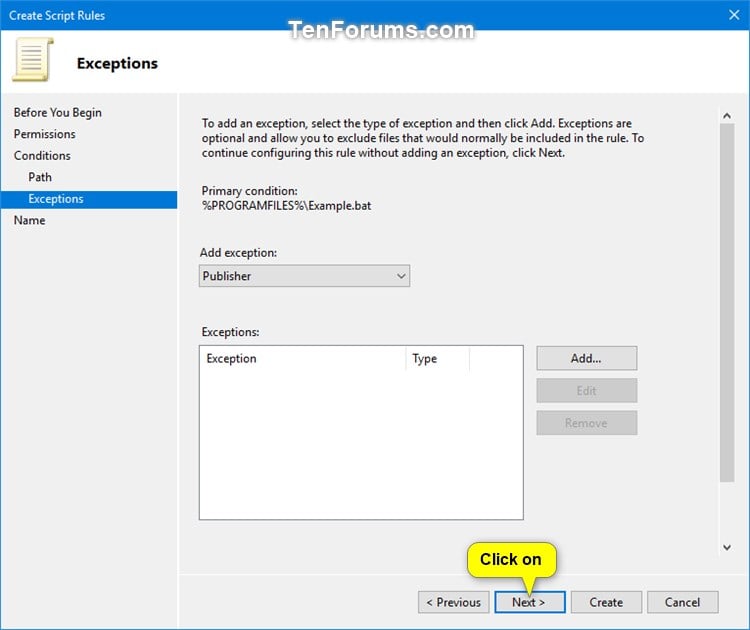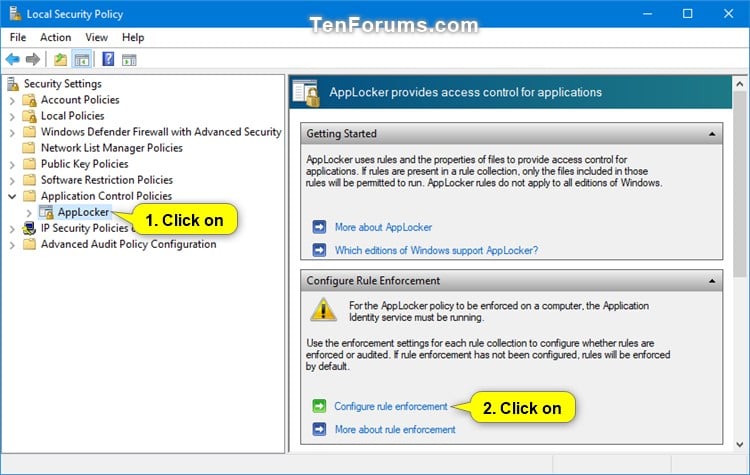

#Applocker windows 10 enterprise software
Software publishers are beginning to create more apps that can be installed by non-administrative users. AppLocker can help mitigate these types of security breaches by restricting the files that users or groups are allowed to run. As a result, sensitive information could easily be deleted or transmitted out of the organization if a user knowingly or unknowingly runs malicious software. However, when a user runs a process, that process has the same level of access to data that the user has. Access control technologies, such as Active Directory Rights Management Services (AD RMS) and access control lists (ACLs), help control what users are allowed to access. In many organizations, information is the most valuable asset, and ensuring that only approved users have access to that information is imperative. Importing and exporting policies, automatic generation of rules from multiple files, audit-only mode deployment, and Windows PowerShell cmdlets are a few of the improvements over Software Restriction Policies. Manageability improvement: AppLocker includes many improvements in manageability as compared to its predecessor Software Restriction Policies.This configuration permits a more uniform app deployment. Software standardization: AppLocker policies can be configured to allow only supported or approved apps to run on computers within a business group.Licensing conformance: AppLocker can help you create rules that preclude unlicensed software from running and restrict licensed software to authorized users.When AppLocker rules are enforced in the production environment, any apps that aren't included in the allowed rules are blocked from running.


Define rules based on file attributes that persist across app updates, such as the publisher name (derived from the digital signature), product name, file name, and file version.AppLocker is unable to control processes running under the system account on any operating system.


 0 kommentar(er)
0 kommentar(er)
